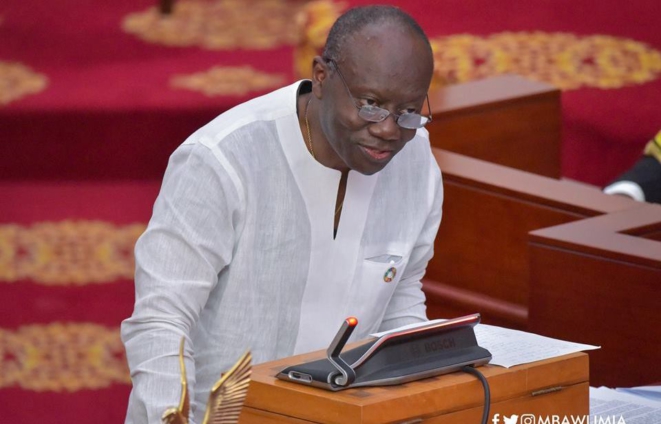
A leaked copy of the Electronic Transfer Levy (E-Levy) Bill yet to be debated by Parliament, indicates that all electronic transaction in the country are subject to the tax except four.
The Bill captures the four exempted items in Section 2.2 as cumulative transfers of GHS100 a day, transfers between accounts owned by the same taxpayer, transfers for payment of taxes, fees and charges on Ghana.gov, and transfers between licensed agents accounts.
Apart from those four, all other transfers, including the microloans and microinsurance schemes being run on the mobile money platforms are subject to the tax.
The Bill also maintained the level of the tax at 1.75% in spite of the huge public outcry for a reduction.
The Bill also makes provision at Section 6, under Recovery of Levy, for the Ghana Revenue Authority to institute measures under the Revenue Administration Act, 2016, Act 915, within six months of passing the Bill into law, to enforce its collection.
Section 6 is supported by Section 7 under Regulation, which gives discretion to the Minister of Finance to, by legislative instrument, make regulations to provide for the efficient and effective implementation of the Act.
Those two provisions are being viewed as a subtle way of seeking legislation to bring back the controversial GHS241.9 million E-Levy collection monitoring contract, which has been widely condemned as waste of taxpayer money and an avenue for “create, loot and share”.
Meanwhile, Section 8 of the Bill, under Administrative Guidelines, also gives the Commissioner-General of the Ghana Revenue Authority, the implementing agency, discretion to issue administrative guidelines for the effective implementation of the Act.
The Bill has in effect, made enough provision to enable the policy maker (Finance Ministry) and the implementer (GRA) the leeway to adopt all kinds of strategies, including contracting a private entity to monitor the collection of the levy at the expense of the taxpayer.
It would be recalled that the Member of Parliament for South Tongu, Samuel Okudzeto Ablakwa alleged that government had scrapped the idea of paying GHS241.9 million to a private entity, ExpressPay, to monitor E-Levy collection.
But the Finance Ministry, in a statement, debunked the claim and said GRA had been authorized to institute the appropriate measures to ensure effective collection, including monitoring at a cost not exceeding what is necessary.
Government subsequently suspended the contract to ExpressPay and asked GRA to look for another vendor, which it is currently doing.
Complaints
The E-Levy itself has been criticized heavily as counterproductive to government’s whole digital Ghana, cashlite economy and financial inclusion agenda.
ECommerce and e-Payments industry players have also criticized it as a threat to their business as many will be forced to revert to more cash rather than digital transactions.
But government does not seem perturbed by the public outcry, with some state actors passing very dismissive comments about the complaints.
Communications and Digitalization Minister, Ursula Owusu-Ekuful said “anyone who transfers more than GHS100 a day is not poor” while Tema West MP, Carlos Ahenkorah also said those who do not want to pay the tax should stop using mobile money.
Meanwhile, the Bill also said the levy will be collected by GRA and be paid into the Consolidate Fund.









